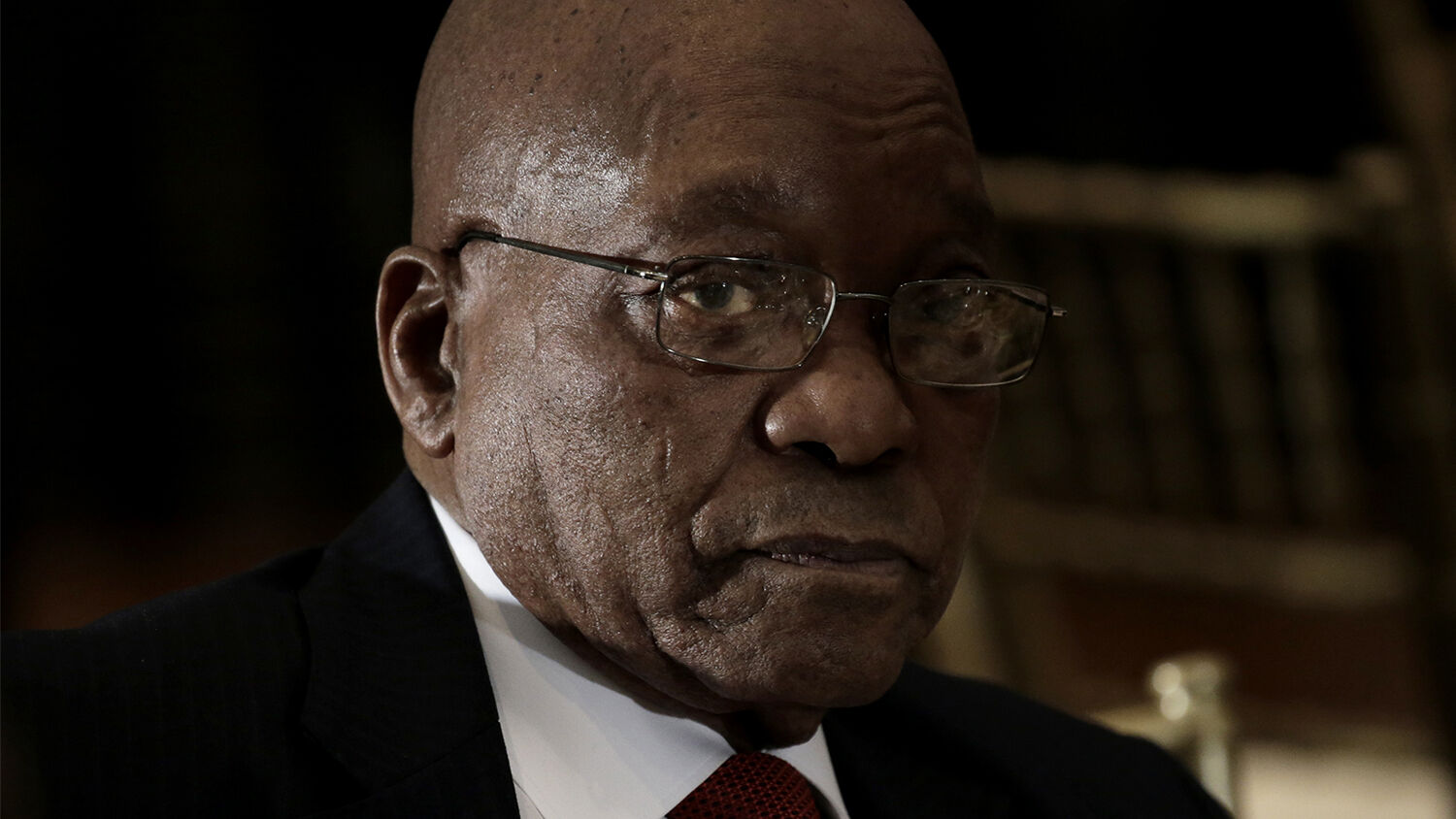
Economists Warn South Africa Against Land Seizures
Political economist Moeletsi Mbeki recently warned that Zimbabwe-style land seizures do not actually lead to economic liberation. He delivered this warning at an event hosted by the Nelson Mandela Foundation on May 10. Mbeki said that the demands of Marxist political parties, like the Economic Freedom Fighters, to confiscate white-owned farmland without compensation will only devastate South Africa’s economy.
“These are highly qualified people with no idea about the history of South Africa …” Mbeki said. “They come up with policies to seize land, and to do what with it, they don’t know.”
Mbeki then noted that the economic crash that resulted when Zimbabwean President Robert Mugabe forcibly expelled 4,000 white farmers from their land. He said that this measure opened the door for a new colonial power to move in and purchase these farms. “About 80 percent of tobacco growers are given money by the Chinese to grow tobacco to the specifics of Chinese cigarette companies,” he said. “Before they sold to an open market, now they are slaves to China.”
These comments came shortly after Zimbabwe’s minister of tourism warned South Africa’s president not to copy Zimbabwe’s disastrous land-seizure program. “We copied Marxism for so long in Africa with dire consequences,” Walter Mzembi said in an interview with the Financial Times. “We were left with something that didn’t work at all. [Soviet President Mikhail] Gorbachev abandoned it, and we were left like this.”
Last March, South African President Jacob Zuma endorsed forced confiscation of white-owned lands without compensation. For years, the South African government looked at Zimbabwe’s example as a cautionary tale. But now Zuma is looking to compromise with the Economic Freedom Fighters and its leader Julius Malema in a bid to “unite black people in South Africa” around the rallying cry of land confiscation. This policy is stirring up race and class hatred in a country already beset by violence. Approximately 10 percent of white farmers in South Africa—over 3,000 people—have been murdered since 1994.
